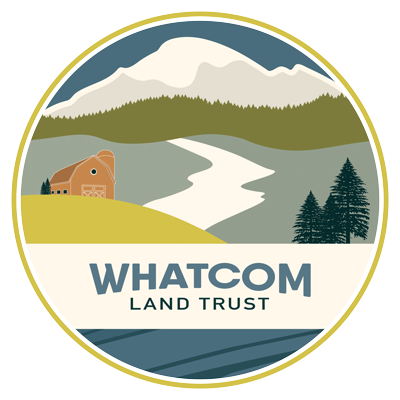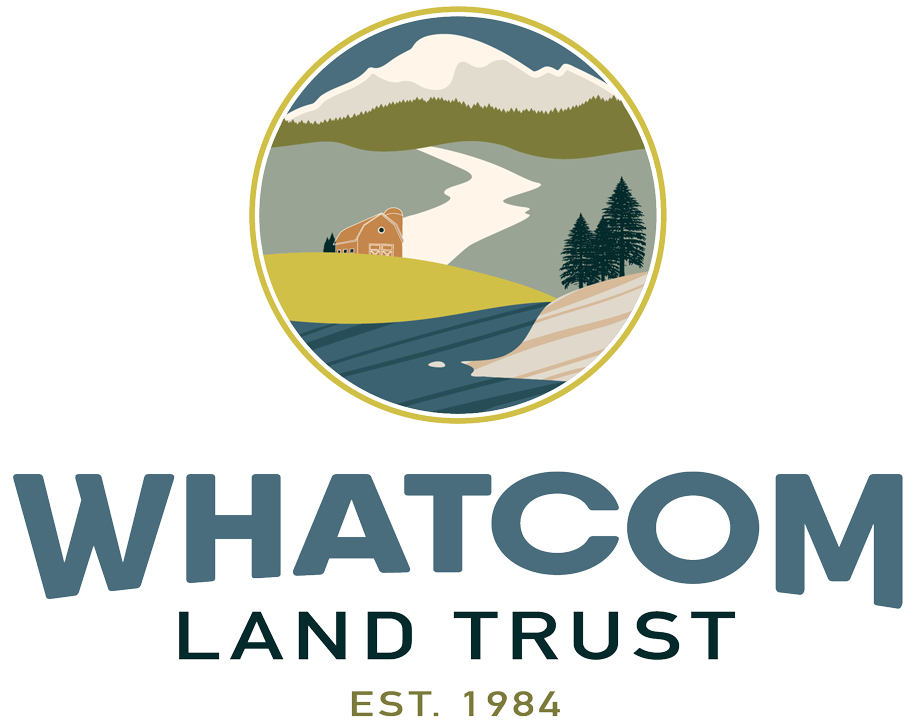The Lake Whatcom Watershed
To anyone visiting Lake Whatcom for the first time, it may seem purely a recreational piece of natural beauty. What people may not know is that Lake Whatcom provides drinking water to more than 95,000 residents including the entire City of Bellingham.
The lake holds around 250 billion gallons of water which it receives from 36 different tributaries. All of these tributaries and the area surrounding them make up the 36,000-acre Lake Whatcom watershed.
The watershed is also home to 15,000 residents and 6,500 homes. Because our community is drinking water from a lake with such a large and densely populated watershed, the health of the watershed is extremely crucial to the health of its citizens.
Issues affecting water quality in the watershed
In the last decade the water quality in Lake Whatcom has been declining much more rapidly than City of Bellingham and Whatcom County officials anticipated. Increased development in the watershed has led to high levels of phosphorus entering the lake.
Phosphorus comes from many different sources such as stream erosion, lawn fertilizers, animal waste, pesticides and failing septic systems among others. High levels of phosphorus cause algal blooms which decrease the oxygen levels in the lake and in turn make water treatment more difficult and expensive.
Water treatment officials say that protecting the water source is the first and most important step in obtaining high quality drinking water. The most effective way to limit the amount of phosphorus entering the lake is to manage development in the watershed.
Whatcom Land Trust in the Lake Whatcom watershed
Among the many entities working to protect the Lake Whatcom watershed, the City of Bellingham and Whatcom Land Trust have been working to address watershed conditions for more than 25 years.
Whatcom Land Trust’s work within the watershed began in 1990 when it received a conservation easement donation in the memory of Earl and Pearl Hegg. Whatcom Land Trust now stewards 1,476 acres of land in the watershed including Stimpson Family Nature Preserve, the trailhead portion of Lookout Mountain Preserve, and Ladies of the Lake Preserve. These properties welcome visitors and encourage lowimpact recreation and wildlife observation in the natural areas so important to watershed health.
In 2014 Whatcom Land Trust partnered with Whatcom County to facilitate the transfer of 8,844 additional acres in the Lake Whatcom watershed from Washington State Department of Natural Resources to Whatcom County, to be managed as a park and provide long-term watershed protections while supporting low-impact recreation. The prospective transfer of Galbraith Mountain to parkland – an additional 2,200 acres, offers similar opportunities to the City of Bellingham, Whatcom County and Whatcom Land Trust for the joint purpose of watershed protection and recreation.
Whatcom Land Trust helps to address water quality in the watershed though partnerships
The City of Bellingham has collaborated with Whatcom Land Trust on 747 acres of city-owned or city- and county-owned property protected with conservation easements held by Whatcom Land Trust to protect drinking water resources and help to shape future development.
When the City buys property within the watershed through its Property Acquisition Program, it partners with Whatcom Land Trust to design a conservation easement to permanently protect the conservation value of the property. A baseline report is prepared by the Trust that includes the conservation purpose of the easement, a property description including historic and current uses, and a summary of the property’s ecological features. Whatcom Land Trust then monitors and enforces the conservation easement to ensure that the property is not developed, subdivided or logged in the future.
One of many Lake Whatcom Watershed success stories
The 36-acre Anderson-Lake Whatcom property is an excellent example of collaboration in action between Whatcom Land Trust and local public agencies. In December 2004 a willing seller purchase of this platted, developable property by the City of Bellingham and Whatcom County allowed for a conservation easement between Whatcom Land Trust and the new owners. Since that time the land has been permanently protected from future development and its natural landscape is slowly returning, restoring natural systems essential to the future health of Lake Whatcom and our drinking water source.
Partnerships strengthen outcomes
In addition to these strong partnerships Whatcom Land Trust works with willing landowners and donors in the watershed and elsewhere as well as with private foundations, local businesses and individuals who support these and other land conservation efforts. As a community-supported nonprofit organization Whatcom Land Trust offers flexibility, expertise and tools while representing diverse stakeholder perspectives to ensure a timely and positive outcome for all.
So next time you drink from the tap, pause a moment to imagine taking that same drink 20 years from now. The future of our drinking water begins today with conserving resources and land in the Lake Whatcom Watershed. Taking action now and continuing to do all we can with the tools, strategies and partnerships resulting in positive and measurable benefits is the best path forward. A healthy watershed is critically important to ensuring the prosperity, vision and quality of life in our community.
Your citizen action plan
- Your financial support of Whatcom Land Trust will help to assure a healthy watershed and safe, clean drinking water for all. If you own property within the watershed, consider how you might partner with Whatcom Land Trust to protect it longterm.
- Learn more about how you can conserve water resources, steward your watershed property and take advantage of city- and county-sponsored programs to minimize the negative effects from fertilizers, animal waste, pesticides and a failing septic system.
- Read more on the topic, including articles and reports cited following this story.


